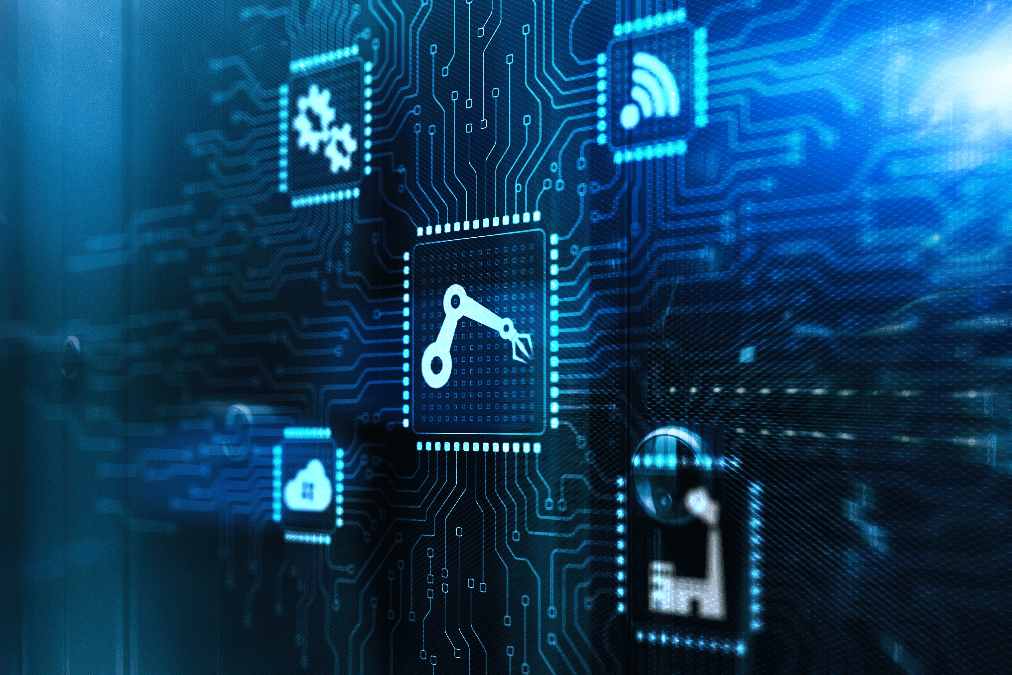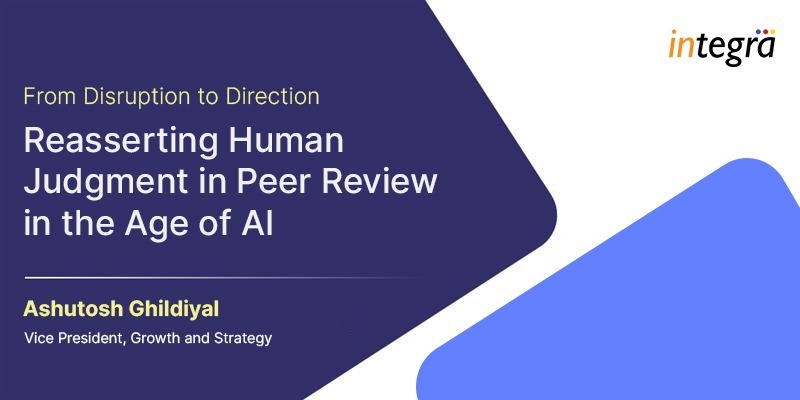Unleashing the Potential of AI-Based Automation Across Industries

In the annals of technological evolution, the emergence of Artificial Intelligence (AI) stands as a watershed moment, heralding a new era of innovation across diverse sectors. Around 44% of companies are interested in investing seriously in AI. In addition, IBM inventors received 2,300 AI-related patents in 2021. This exploration embarks on a journey through the transformative power of AI-based automation, illustrating how it is reshaping the very core of industries ranging from manufacturing to healthcare, finance, and beyond. We delve into the profound implications of AI’s integration, unveiling its potential to revolutionize efficiency, foster unprecedented innovation, and drive economic growth in a rapidly evolving digital landscape.
By weaving together the threads of technological advancements and practical applications, this article provides a panoramic view of AI’s transformative role. It’s a narrative about harnessing the potential of AI to not only optimize current processes but also to unlock new horizons of possibilities, crafting a future where technology and human ingenuity converge to create a more efficient, sustainable, and prosperous world.
Section 1: The Evolutionary Saga of AI in Automation
From Automation to Autonomy: The AI Journey
AI’s journey from basic automation to sophisticated, self-learning systems is a tale of relentless innovation. Notable milestones include the development of advanced machine learning algorithms, enabling machines to learn from data and improve over time. The advent of neural networks mimicked the human brain, providing a foundation for complex problem-solving capabilities. Breakthroughs in natural language processing allowed machines to understand and interact in human language, revolutionizing customer service and data analysis.
Section 2: AI’s Mastery in Manufacturing and Production
Redefining Efficiency and Quality in Manufacturing
AI’s role in manufacturing extends from predictive maintenance, which foresees equipment failures before they occur, to quality control, where AI systems identify defects with greater accuracy than the human eye. Companies like Tesla have leveraged AI to automate critical aspects of vehicle production, resulting in increased production rates and improved product quality. Siemens’ use of AI in energy-efficient production processes stands as a testament to AI’s potential to reduce environmental impact while enhancing operational efficiency.
Section 3: Pioneering AI in Healthcare and Biotechnology
AI: The New Frontier in Medicine
In healthcare, AI’s applications span from diagnostics, where algorithms interpret medical images with precision, to personalized medicine, tailoring treatment plans to individual genetic profiles. Drug discovery is accelerated by AI’s ability to analyze vast datasets, identifying potential therapies faster than traditional methods. Deep learning AI enhances healthcare by enabling quicker disease detection, tailor-made treatment plans, and automating drug discovery. It also improves healthcare delivery, boosts safety, and helps in reducing costs. Ethical considerations, particularly in data privacy and AI biases, are vital to ensure AI’s responsible use in sensitive healthcare applications.
Section 4: AI’s Strategic Role in Finance and Banking
Financial Foresight with AI
In finance, AI transforms risk assessment by analyzing vast arrays of financial data to identify potential risks and opportunities. For global banking, McKinsey estimates that AI technologies could potentially deliver up to $1 trillion of additional value each year. Fraud detection systems powered by AI have become more adept at identifying fraudulent transactions in real-time. Personalized banking services, fueled by AI, offer customers tailored financial advice and product recommendations. The influence of AI on financial markets, especially in algorithmic trading, underscores its potential in enhancing market efficiency and transparency.
Section 5: Transforming Retail and Customer Service with AI
Personalized Shopping Experiences Powered by AI
In retail, AI enables businesses to offer personalized shopping experiences through data-driven product recommendations and tailored marketing strategies. Inventory management systems, powered by AI, predict stock levels, reducing waste and ensuring product availability. Companies like Amazon use AI-driven chatbots to provide instant customer support, enhancing customer satisfaction and engagement. Amazon introduced Amazon Go and Just Walk Out shopping technology, reacting when a customer selects an item from the shelf. Similarly, Kroger Edge has reduced expenses by replacing paper price tags with smart shelf labels.
Section 6: AI in Transportation and Logistics: Steering the Future
Navigating Efficiency with AI in Logistics
AI’s impact in transportation and logistics is significant, with applications in supply chain optimization and predictive logistics enhancing operational efficiency. Autonomous vehicles, powered by AI, promise to revolutionize transportation, reducing accidents and improving traffic flow. Autonomous taxis are expected to launch in Tokyo by spring 2023, while Waymo has been advancing in this field since 2010, testing on public roads from 2018. In urban planning, AI assists in developing more efficient public transportation systems, contributing to sustainable urban development.
Section 7: Navigating the Complexities of AI Implementation
The Double-Edged Sword of AI
AI’s benefits are accompanied by challenges, including job displacement in sectors where automation replaces manual tasks. Privacy concerns, especially in data-driven industries, necessitate stringent data protection measures. The ethical implications of AI decision-making, particularly in areas like criminal justice and financial lending, require careful consideration to prevent biases and ensure fairness.
AI-based automation is more than a technological advancement; it’s a paradigm shift in industrial operations and development. By integrating AI across sectors, we are ushering in a new era of efficiency, innovation, and interconnected possibilities, driving progress towards a more intelligent and sustainable future.
Recent Blogs

Print, Pedagogy, and AI: The New Architecture of Educational Publishing

From Disruption to Direction: Reasserting Human Judgment in Peer Review in the Age of AI


